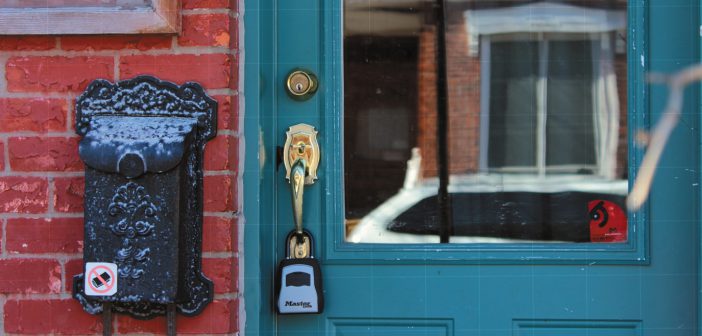by Peter Clerkin
In cities and counties across the country, local lawmakers are struggling to address the unintended consequences brought about by the surging popularity of short-term vacation rentals (STR). Internet-based platforms such as AirBnb, Vrbo, and HomeAway are depositing more travelers into short-term lodging that tends to be concentrated in neighborhoods zoned for residential development. While some communities welcome STRs, others are hesitant to embrace these types of transient accommodations and are taking steps to ensure greater accountability in the industry.
Citing a range of issues from the loss of affordable housing and tax requirements to consumer protection and public safety, cities such as New York, Portland, San Francisco, and Miami began putting regulations on the books to rein in STR activity. These measures included limiting the duration that a property can be used as a STR, outright bans, and liability for platforms listing, booking, and profiting from illegal rentals. However, local governments are discovering just how difficult it can be to hold Big Tech accountable.
Laws and regulations that would hold STR platforms liable for refusing to remove illegal rentals from their websites are being fought in court by Big Tech companies. Pointing to the Communications Decency Act, STR platforms began filing suit over the regulations by arguing that Section 230 preempts local attempts to halt the listing and booking of illegal rental properties. The provision shields internet platforms, such as blogs, from liability for objectionable third-party generated content that is posted on their sites. But what is widely seen as a vital protection for the free flow of ideas is now being used to diminish the ability of local governments to properly enforce their laws and regulations.
In early September, Congressman Ed Case (D-HI) introduced the Protecting Local Authority and Neighborhoods (PLAN) Act to end, what he calls, abusive litigation by STR platforms and restore local authority to regulate short-term rentals. The bill would amend Section 230 of the Communications Decency Act to clarify that the statute does not shield Internet-based platforms that facilitate bookings of illegal short-term rentals. Doing so would strengthen local governments’ abilities to fully enforce laws and regulations on illegal STRs.
“America’s hoteliers support Rep. Case’s effort to empower state and local governments and their ability to regulate short-term rentals,” said AAHOA Interim President and CEO Rachel Humphrey. “When a community says, ‘We don’t want that here,’ and lawmakers act, it should be respected.”
AAHOA Chairwoman Jagruti Panwala said, “Hoteliers welcome competition, but only when there is a level playing field. Hotels abide by a host of regulations and pay numerous taxes. The industry concern with STRs rests not with the homeowner who wants to rent out a spare bedroom but with corporations that operate entire apartment buildings as de facto hotels. When a community attempts to regulate these types of STRs as a means of addressing an affordable housing scarcity or because they’re finding that residential properties are serving an ostensibly commercial purpose, they get tied up in court.”
At the 2019 Legislative Action Summit, hoteliers and hospitality industry representatives advocated for the bill as they met with Members of Congress. The bill, which as bipartisan support, was referred to the House Committee on Energy and Commerce. For more information about the bill and the issue of short-term rentals, visit AAHOA.com.




